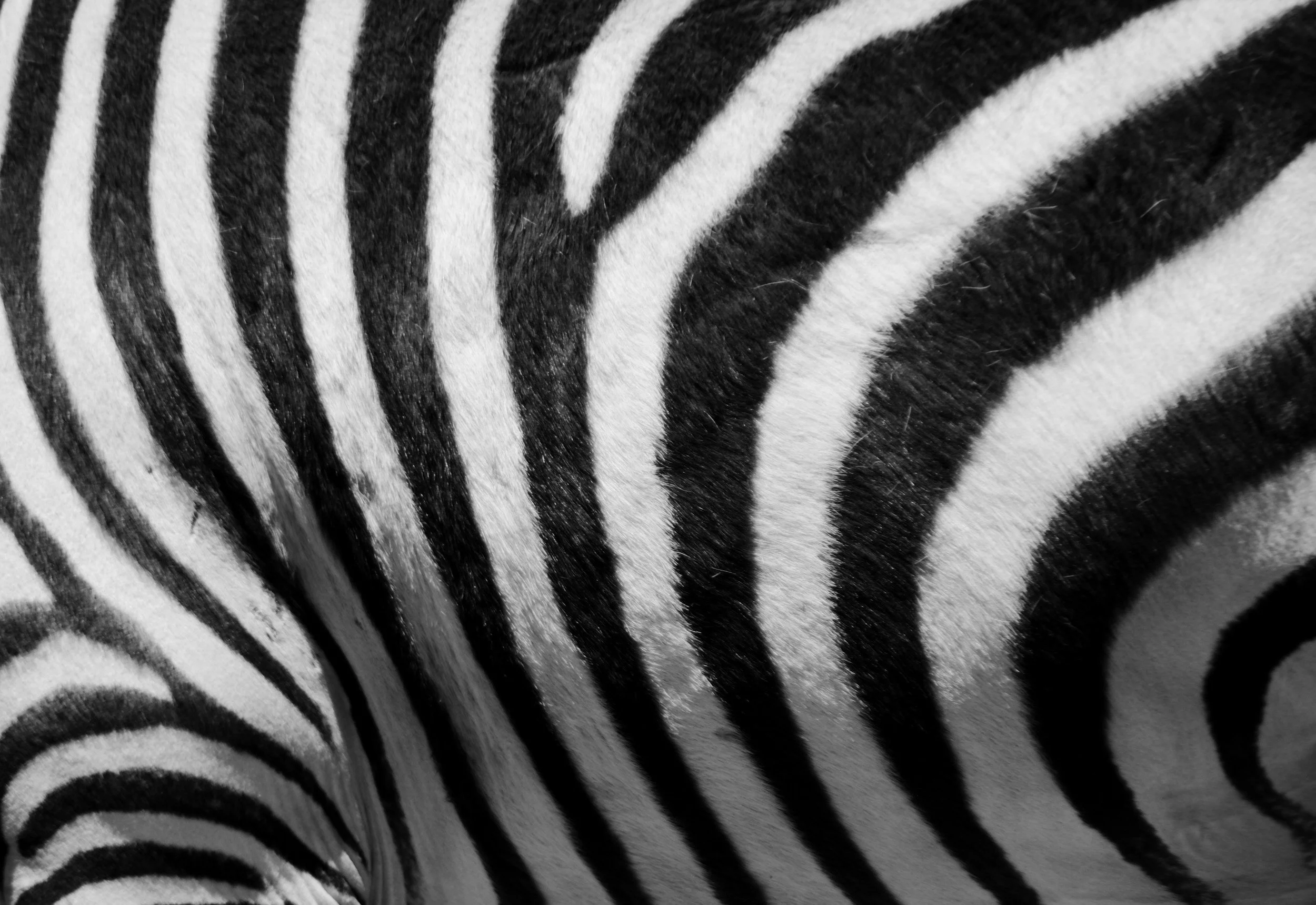My Grandmother's God
Evening drains quickly on the day that Tevin leaves. I arrive home from working at the brewery to a letter from my grandmother in which she has folded a cut out copy of the Lord’s prayer. Though I read the letter only minutes ago and was thus informed, I can no longer remember from where she cut the blessing.
I’m sure she thinks I will consider it is silly. I’m sure she thinks I believe that of religion in general. In the letter she describes her regret that she and my grandfather did not raise their children well enough in the church. In the letter she regrets that none of her grandchildren know faith. It is a curiosity of my grandmother, how she and my mother see their shared years in such contrast. It brings back what I find myself fearing most about age even as it becomes more apparently inevitable. My mother and I will look back on my childhood and see different things.
It is rounding seven o’clock. I’d expected to still be at work, a shift I only picked up to keep the crying at bay while it sinks in that Tevin, my best friend, has boarded a train bound for Chicago. It’s the first leg in his journey away from me. He’s the first of us to embark for graduate school. I expected to need to maintain the crying. I did not expect to be crying over more than his absence.
In the mail, with the letter from my grandmother, is a thank you card from her youngest grandson, my only brother. The envelope is addressed in our mother’s teacherly print. He is making his umpteenth joke over my gift for his tenth birthday: twenty-five rolls of assorted duct tape when our mother assured me he would be happy with just one or two to assist in his inventing. It is the first thank you card I have received in a long time.
Though really it is not. My best friend wrote me a thank you card, slipped it into my hand four days ago in a life where our clocks read the same. He wrote another one two years ago, when it was me leaving this small Illinois town, set on anything else. I spend my life thankful, always, and end up being thanked.
When I met Tevin, he was eighteen years old and asking my advice about romantic relationships. At the time, I was sure of the answers, so desperately in love with one of his fraternity brothers that it would take a full year to stand back and see how much darkness I had allowed to seep into my life. When I met Tevin for real, the moment things changed and the friendship began, he was nineteen and asking for my side of that story, the first person to believe me when I called what had happened abuse.
We are lying flat on the main theatrical stage at our undergraduate alma mater on the fourth of July when he brings it up.
“Do you remember painting the stage with Emily?”
“Yeah, I do.”
And that’s all. Do you remember? Yes.
But I think of it for weeks, am thinking of it still: lying on the stage in the darkness, imagining painting the floor black that winter, the two of us and this other girl whose name we will likely both remember forever but to whom we will likely never speak to again. The two of us, the storyteller and the first person to listen.
I think of it on this couch as evening drains, as it hits seven o’clock.
My earliest memories of my grandmother are fearful. It pains me to write that sentence as an empathetic adult who longs to protect her family. It pains me to write that sentence as a child who longs for acceptance from her forebears. But it is fact. I was afraid. I loved her opium perfume, her gum chewing which my mother could not fathom, her house which overflowed with treasures. The copper teapot full of Legos. The menagerie of napkin rings which I delighted in choosing individually for each place at the table. The honeysuckle pouring over the back garden fence in La Verne. And yet.
I recall excitement, joy, something. I recall exclaiming, “Oh, my god!”
Her hand, in my memory, catches my six-year-old wrist. “Oh, my what?”
I say it again, emphatic, “Oh, my god.”
And then nothing is ever good between us after that. Not quite. Not really.
I love blue. I love horses and sweating and running and being alone for hours at a time. I love books, every book, every word I ever read in every book. I love my mother, who is strong and loves horses and sweating and books; I love that I think I am beginning to look like her despite my blonder hair. I love cursing. I love boys and, it turns out, I love girls, too. I love that my grandmother says “shit” every tenth word and that when she breaks my soon-to-be-stepfather’s wineglass during their first visit, she buys him a plastic one for Christmas so that she’ll never break another.
But after that memory, her hand catching my six-year-old wrist and her hazel eyes through her double-paned glasses looking like I just uttered something unforgiveable, even my deepest loves are muted in her presence.
My mother’s stories of her mother change and morph. Sometimes they are gardening, sometimes in the school bus our family once owned, sometimes up at their cabin in Big Bear and my grandmother is laughing, cooking while her husband teaches their daughter to rewire a light switch. Sometimes my grandmother disappears into nothingness while her husband and daughter fight until they are no longer speaking. My mother cries in the car on the drive back to Santa Barbara in the summer of 1984. My grandmother calls me Miss Mouse like she did my mother, because we are small people, small boned, and don’t eat much. It’s cute until I am too old to be cute, when my grandmother begins criticizing my meals, telling me I’ll never be tall, never grow up. I hear her too hard, hear that I’ll never be worthy.
It’s the year of my parents’ divorce the first time I enjoy being in a church. My mother coaxes me out of the house for a Christmas Eve service, made midnight by memory though surely I am still too young for midnights. An enormous, cavernous room glows with hundreds of candles, hundreds of singing voices. I know none or almost none of the songs, but my mother knows almost all. She wears black. Her hair is long. I think I see her crying.
Her mother gives her cleaning supplies for her first Christmas alone and though I do not see her cry, I cannot fathom that she didn’t.
When I visit Tevin in San Francisco, we go to his mother’s grave.
Wandering up the hill into the Chinese cemetery, headstones bear not only familiar white letters but many in red, as well: the future resting places of the living.
“My grandmother’s name is already on her tombstone, I think,” I say. “The box they buried my grandpa’s ashes in was about twice as big as it needed to be, so. The plan is to exhume it when she dies and put them in together.”
“That’s kind of sweet,” he says.
We sit with his mom for a while, talking mostly about his family, about the cancer which takes them young. I cannot imagine a mother whose presence is not immediate. I can scarcely look in a mirror without seeing mine. His has been dead more than twenty years. She’s beautiful, eyes lined with black and hair piled delicately on her head in the photograph on her headstone. It’s a good idea to place portraits of the dead at their resting sites. The purpose of a cemetery, like a birth certificate, is to keep track.
On the walk to the nearest BART station I wander mentally to the tiny white church in Crow River, Minnesota. I think of my grandfather’s beautiful funeral box which his friend carved so meticulously. He will someday rest with his wife of fifty years. She believes she will see him, then. He has been down there alone a long time.
My grandmother and I took walks during the big, booming thunderstorms which took over every summer afternoon of my childhood. We’d suit up in raincoats and go barefoot into the wet world, ankle-deep in gutter flow. I wonder whether she remembers, and if she does, if those grey hours are as full of light for her as they were for me.
I am fourteen, reading my favorite book for the first time. In it there is a description of heaven. It is a version with which I can jive, so I wear a black cross around my neck for a few weeks. The cross was once my mother’s, and I think she is secretly happy to see it on me.
I am fifteen, watching a Christian hardcore band play a small venue in Denver. My mom goes to the bathroom during my favorite song. I am standing alone in the crowd when from nowhere my body wracks with tears. This music. This feeling.
I am eighteen, witnessing my boyfriend of a year and a half being baptized at a mega church in Broomfield, Colorado. He will tell me in two months that he does not believe my gay friend deserves to get married. Though I stand beside his mother as she weeps, I feel the same fear of my grandmother’s hand on my arm. I must mute something. I must be sure nobody here sees.
I am twenty-four, sitting up late on a stranger’s sofa at an Airbnb with my coworker, who is talking about God. She says she has never felt love like the love of her church.
I think of dancing, of being on stage and making art which lasts no longer than the moment. I think of singing in the car with my favorite people on starlit Illinois highways. I think of countless men behind countless microphones, of being their audience as the music swells. I think of hiking to fourteen-thousand feet, the continental divide laid out tiny beneath me, the strong, tall body which climbed that high. I think of these churches I have known, moments of grace. My mother on horseback, galloping away. My grandmother’s opium perfume. The twist of fate that led my abuser to introduce me to my best friend. The twist of fate that kept me from the Bible but could not douse the candlelight.
I begin to cry. Everything makes me cry these days, but today is the inauguration of the forty-fifth President of the United States. There is extra to cry about right now. My birthday was three days ago. My mom is here. But all there is is weight, the horrible reality of a man we collectively fear taking the oath, becoming our history, our face. My roommate, a survivor, gay and probably nonbinary and depressed, stands on my left side while my mother, a survivor, preexisting conditions abound, stands on my right. We are surrounded by thousands more. Every color. Every ability. Every history. When we are not making dark jokes to the strangers around us, we marvel at the enormity of the crowd. Around noon, my mother exclaims with joy, “Look up! Look up!”
Two bald eagles circle the march.
“It’s like a sign,” she says. And she means this. “It’s like mother nature showed up to protest, too.”
It is so hopeful that I begin to cry all over again.
Tevin and I are caught in the kind of thunderstorm only the midwestern sky can unleash. We stand in the middle of our old college campus getting soaked to the bone. The thunder rattles my bones. The rain slaps and beats, the world rendered chaos. He laughs. He smiles. I thank god that I found another person like this, another person like me, who will stand and get hit by the rain.
My grandmother and I write each other letters. Small, surface-level letters. We are trying to figure out how to get to know each other, the real, adult each other. Now that it is not up to my mother to keep us knowing each other. Every time I write, I feel that same fear. What if I keep myself small.
But tonight, she says she regrets that I do not know faith.
I want to write her back, I want to tell her that I do.
My relationship with my mother falters. It was Christmas, it was her mother and I under the same roof, arguing without ever actually arguing about anything at all. It was her in the middle. It took months to get back to the tenuous stability we cling to tonight. It is this year, this summer, as it is ending, the night Tevin boards a train for Chicago so that tomorrow, he can board a plane for New York. It is this night that I get the mail. I am crying all over again because Tevin may live thousands of miles from me forever. It is getting the mail and opening it and finding that my grandmother has sent me a copy of the Lord’s prayer. Sitting down on the couch, I write the first essay I have written for pleasure in months, because I am sobbing and out of stamps. I wish I knew that the future my best friend is rushing toward is the right one. I wish I knew moving to California in three weeks will make me happy. I wish I could call my mother. I wish I could call my grandmother. I wish I could go to church.
But instead, I write.
Because this faith is not silly.
My grandmother sent me the Lord’s prayer, believing me an atheist when I am not, wishing me comfort when she cannot know in this fading light how desperately I need it.
My mother saw eagles in the sky and felt the world mourn with her, with us. She brought me to a candle-filled church when her soul ached. She has looked for salvation everywhere, everywhere.
I have cried at every concert I’ve attended since I was fifteen. I cried tonight dropping off my best friend at the train station, I am crying on my couch as I finish this essay and my mother texts that she misses me. My cat is silhouetted against the window, the sky draining out into darkness as it rounds half past eight. I will read the Lord’s prayer before I fall asleep tonight, for the first time in my life. I will likely do it stoned, because I will not hide myself. I will be seen as I am.
But I will not hide from the love that is given me.
-Carly Taylor
Carly Madison Taylor is an essayist and poet from Boulder, Colorado, currently working toward her MFA at Chapman University. She attended Knox College in Galesburg, Illinois: she is eternally stunned that cornfields have provided her more inspiration than mountains. More of her work can be found in Rag Queen Periodical, Door Is A Jar Magazine, and Allegory Ridge. Connect with her on twitter @carma_t















